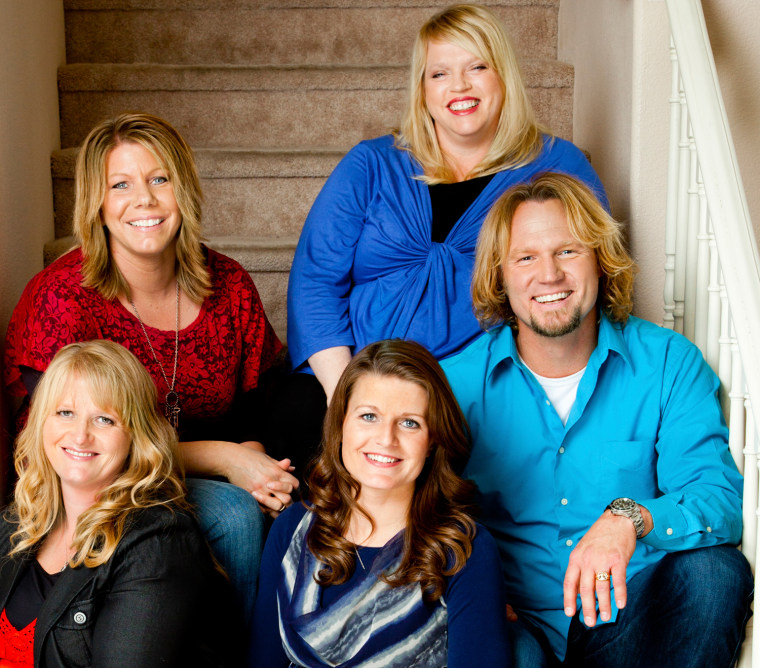A federal judge has found key parts of Utah’s anti-polygamy law to be unconstitutional, ruling in favor of a polygamous family known for their reality television show.
While all 50 states across the nation have laws against bigamy, prohibiting people from having multiple marriage licenses, the law went further in Utah, finding a person guilty of bigamy when a married person “purports to marry another or cohabits with another person.”
But Judge Clark Waddoups of the U.S. District Court in Utah ruled late Friday that the “cohabitation” provision of the law was unconstitutional because it violated the First and Fourteenth Amendments to the Constitution, which guarantee freedom of religion and the right to due process. His 91-page ruling now criminalizes plural marriages only in the literal sense, through acquisition of multiple marriage licenses.
“With this decision, families like the Browns can now be both plural and legal in the state of Utah,” their lawyer, Jonathan Turley, said in a post on his website.
Turley said the Browns drew attention of Utah authorities because of their television series. The Brown’s filed suit in July 2011, and fled Utah for Nevada under threat of prosecution. Bigamy is punishable by up to five years in prison in Utah.
Kody Brown issued a statement through Turley thanking the court for the “historical ruling.
“While we know that many people do not approve of plural families, it is our family and based on our beliefs,” he said in the statement. “Just as we respect the personal and religious choices of other families, we hope that in time all of our neighbors and fellow citizens will come to respect our own choices as part of this wonderful country of different faiths and beliefs.”
Judge Waddoups acknowledged in his decision that the ruling was not easy.
“The proper outcome of this issue has weighed heavily on the court for many months as it has examined, analyzed, and re-analyzed the numerous legal, practical, moral and ethical considerations and implications of today’s ruling,” he wrote.
Ultimately he ruled that the language of the law was unconstitutional because of its vagueness and “its targeted effect on specifically religious cohabitation,” therefore violating the First Amendment right to free expression of religion.
Waddoups said that while “polygamy” was not a fundamental right, the issue in the case of the Brown’s was “religious cohabitation” or “a personal relationship that resembles a marriage in its intimacy but claims no legal sanction” between consenting adults. As such, the language of the law violated the due process clause of the Fourteenth Amendment designed to ensure liberty.
Members of the Church of Jesus Christ of the Latter-day Saints, or Mormons, fled to the Utah area in the 1800s following religious persecution. While the mainstream church abandoned polygamy in 1890 as Utah sought statehood, certain sects have broken off and continue to espouse plural marriage as a tenet of their religion.
The Associated Press and Reuters contributed to this report.
